Elon Musk has officially resigned from his government role under Donald Trump, leaving behind a calm message—followed by subtle criticism.
In a post on X (formerly Twitter) this morning, Musk confirmed the end of his short-term role as co-lead of the Department of Government Efficiency (DOGE), a position he accepted after Trump returned to office in January.
“As my scheduled time as a Special Government Employee comes to an end, I would like to thank President @realDonaldTrump for the opportunity to reduce wasteful spending,” Musk wrote. “The @DOGE mission will only strengthen over time as it becomes a way of life throughout the government.”
Trump had tasked Musk with cutting federal costs. Over the past months, Musk reduced thousands of government jobs, earning both praise and criticism.
Despite a strong public partnership, rumors had circulated for weeks that Musk planned to exit politics. The tech mogul denied them until today.
Shortly after his message, Musk shared a post that hinted at deeper reasons behind his departure. The retweet suggested media outlets would wrongly frame his resignation as a personal fallout with Trump, but Musk wanted to make it clear: his 130-day service term had ended.
Still, Musk’s past comments reveal growing frustration. In a Bloomberg interview, he said he planned to cut back on political involvement, saying, “I think I’ve done enough.”
He also criticized Trump’s support for a new spending bill expected to increase the national deficit by $3.8 trillion over the next decade. Musk told CBS the bill “undermines the work the DOGE team is doing.”
Though Musk left on polite terms, his recent words and posts suggest that his departure may have been more than just routine.


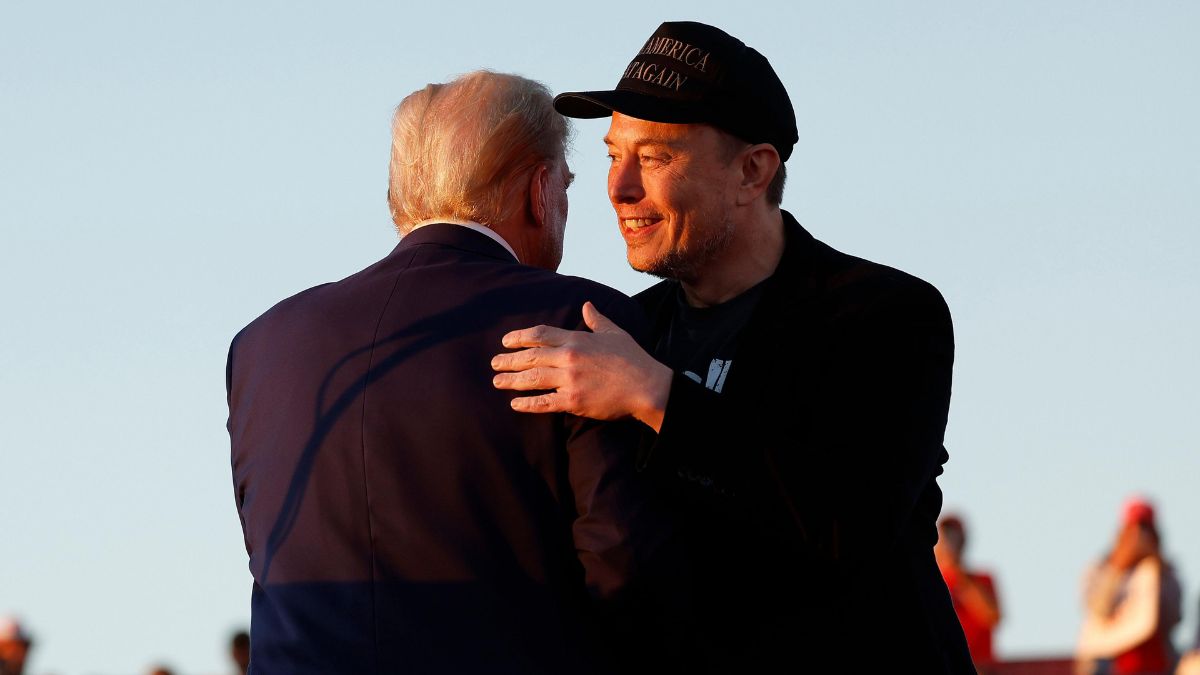





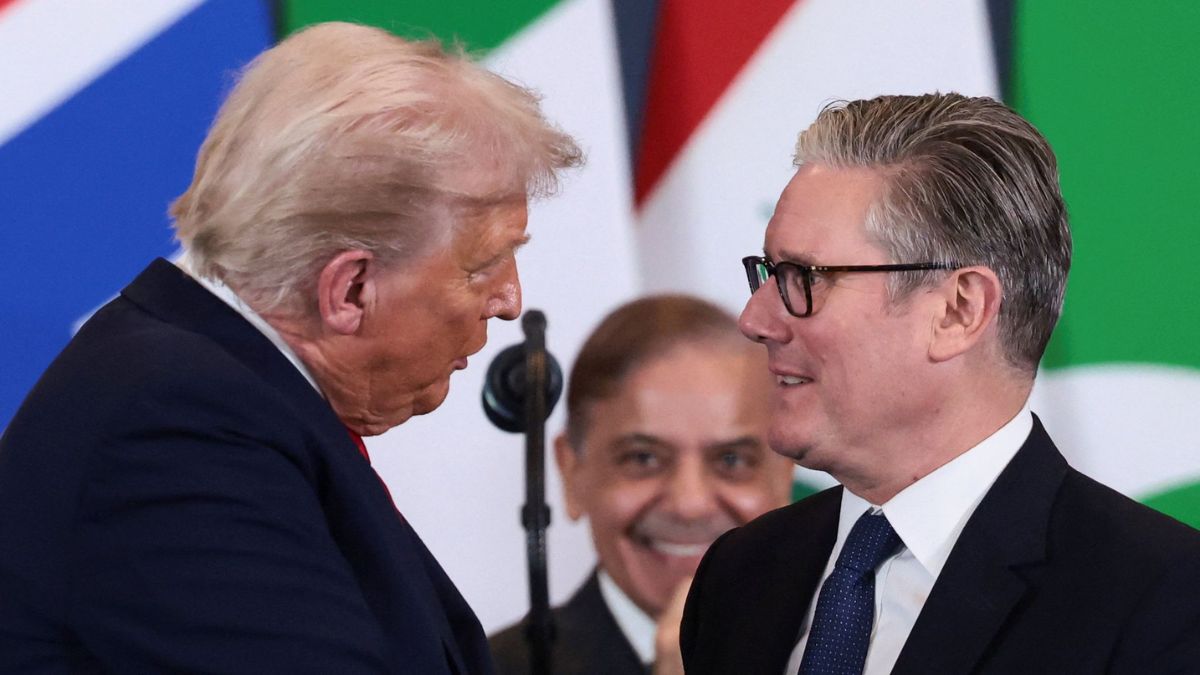
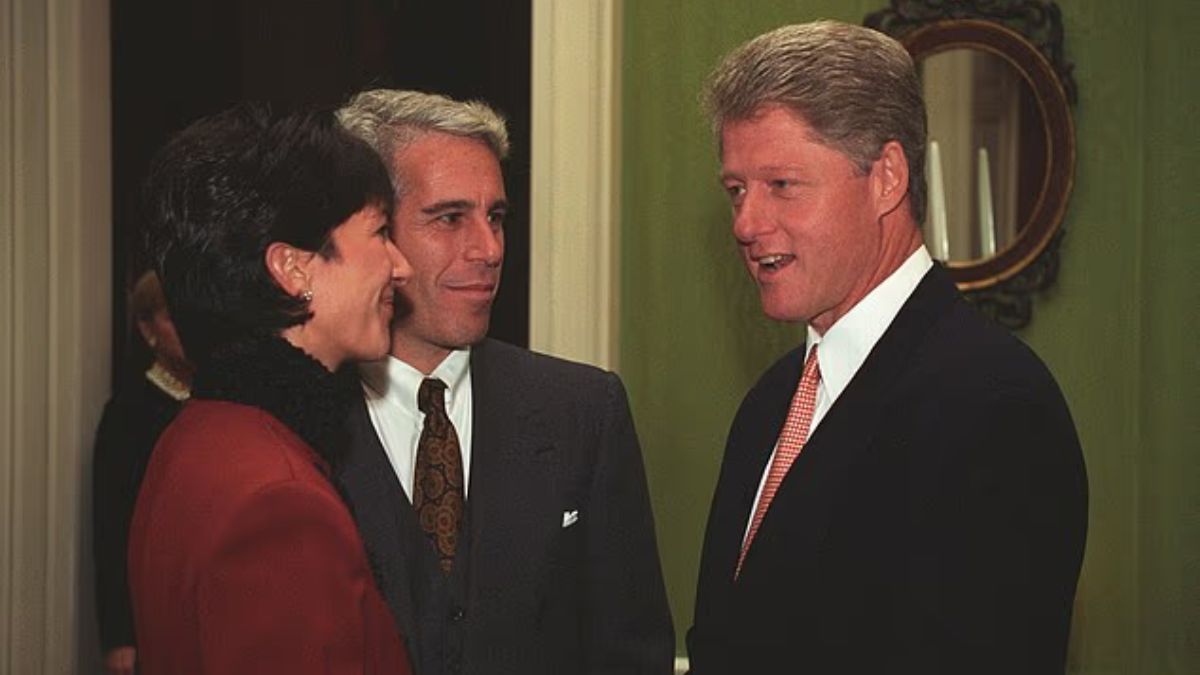
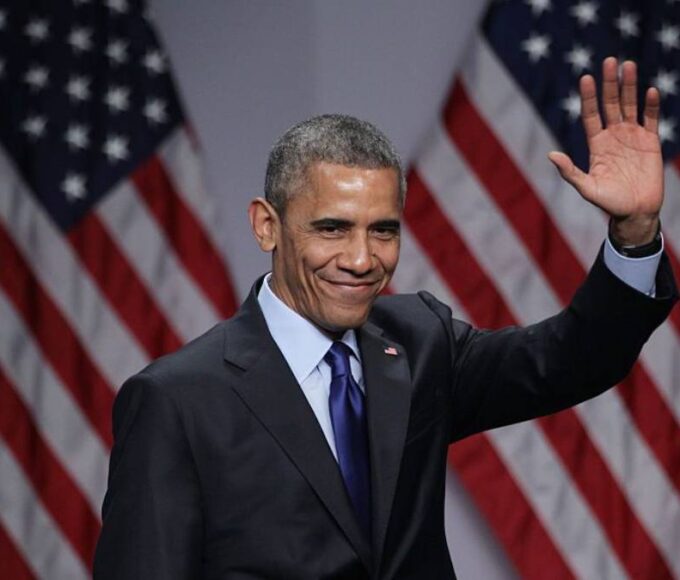
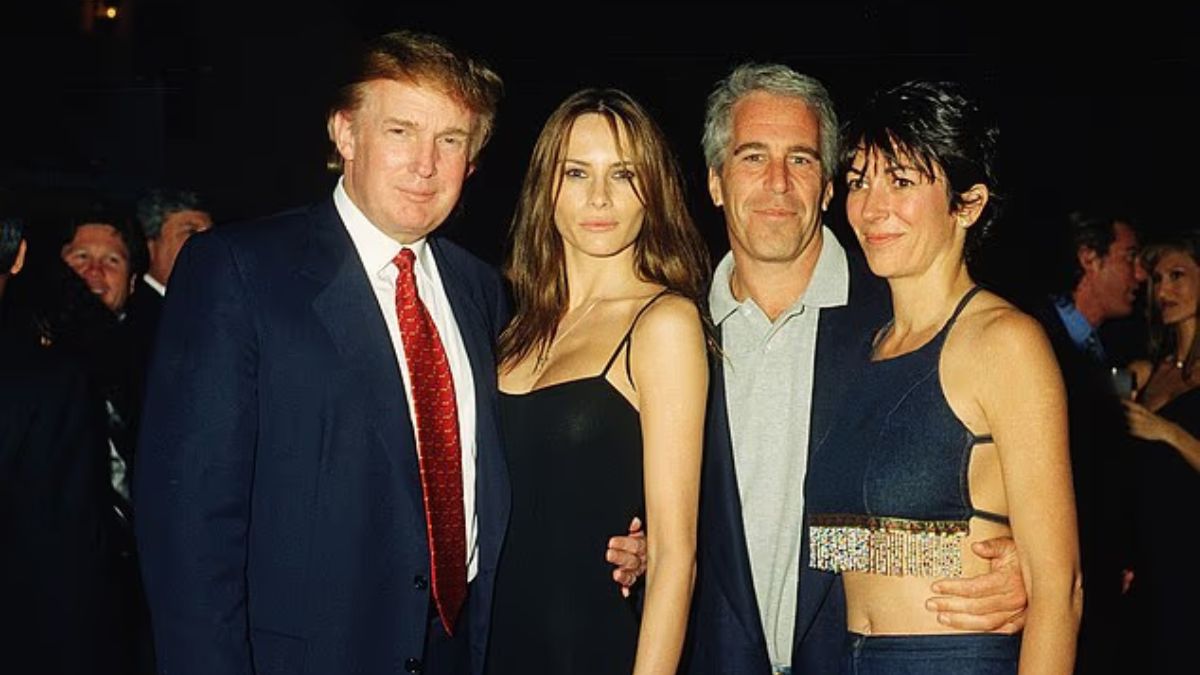
Leave a comment